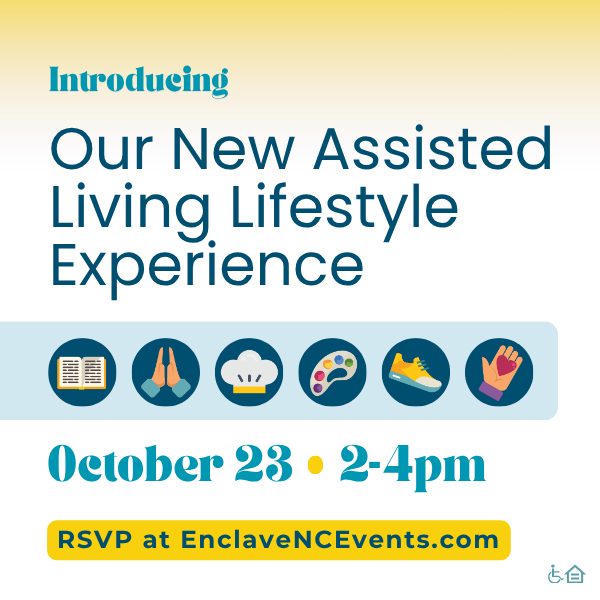Transitioning a parent to assisted living is a rewarding way to support them. It’s a way to help your parent maintain the life they love. So how can you help when moving a parent to assisted living?
Make sure you’re well-prepared for the move. Help with the packing and decluttering along with the physical move itself. Throughout this process, make sure to support your parent’s emotional needs. Don’t forget to visit often once the move is complete!
Is It Time for Assisted Living?
Recognizing the need for assisted living is often the first—and hardest—step. Several factors can drive this decision, including concerns about:
- Health
- Safety
- Social habits
If your parent is starting to struggle with daily tasks like bathing, cleaning, or managing their medication, it’s likely time for assisted living. These communities work closely with your parent to find a way to help them maintain their independence.
In assisted living, your loved one will receive a careful mix of care and independence. They’ll be able to do things on their own that they can still handle. When a daily activity is a challenge, they’ll receive professional support.
How to Choose the Right Facility
If you think it’s time for assisted living for your parent, you’ll need to start researching. The right community makes a significant difference. Start by:
- Determining your parent’s needs and preferences.
- Considering the proximity to family and friends.
- Evaluating the range of services offered.
- Assessing the cost of living at the community.
It helps to schedule a visit with potential communities near you. This allows you to see the community for yourself and speak with staff members. Make sure to bring your parent along—their input matters significantly.
You should feel confident that your loved one’s future community will treat them as an individual. Your parent is unique, and the community should match their interests and preferences. This is one of the most important steps, and it’s crucial to helping your parent maintain their quality of life.
Tips for Downsizing for Seniors
Preparation is key to a successful move. It all starts with downsizing and getting rid of excessive clutter and belongings.
Begin by creating a schedule. Identify key milestones in the moving process and work backward from move-in day. This is especially important for seniors who may require more time to pack and sort through their belongings. Then, make sure that you’re prepared with boxes, tape, labels, and any other necessary items.
Then, it’s time to start the moving process. You’ll want to work with your parents room by room and decide what items to keep, donate, sell, or discard. Give them space to think about each item—this can be an emotional process for them.
It may also be helpful to involve other family members or close friends in the downsizing process. This can provide additional support and make it less overwhelming for your parent.
Finally, make sure to properly pack and label everything before the move. This will help with organization and ease the unpacking process at the new assisted living facility.
Support Your Parent’s Emotional Needs
For older adults moving for the first time in years, moving to a new home can be emotionally challenging. You’re not just here to physically support your parents—the emotional side matters, too.
During the move process, make sure to communicate constantly with your loved one. Acknowledge their feelings and listen to any concerns they have. Sometimes, you may not have the answers they need, but just listening to their thoughts can make a big difference.
Your parent may feel a mix of emotions. Sadness, anxiety, frustration—it’s all possible. Make sure you give them space to talk about what they’re feeling, and you’ll create an environment where they feel truly supported.
Finalizing the Move to Senior Living
Once the move is complete, there’s one last major step: helping them settle in. Try to help them make their new living space feel just like home.
It helps to:
- Arrange familiar furniture and personal items to create a comforting atmosphere.
- Encourage participation in community activities to foster social connections.
- Keep open communication lines to address any concerns promptly.
- Support them in personalizing their space to reflect their identity and preferences.
Afterward, make a point to regularly visit. You can work together to create a schedule for visits and calls, so your parent knows when to expect you. This can help ease any anxiety they may have about being in a new place.
Life with The Enclave of Newell Creek
Moving a parent to assisted living is emotional, but it’s an amazing way to help them maintain their lifestyle. With proper preparation, communication, and support, you can make this transition significantly easier.
If you’re considering assisted living for your parent or loved one, contact our team at The Enclave of Newell Creek. Our community is here to help your parent live a life they enjoy each and every day. Schedule a visit with us today!









